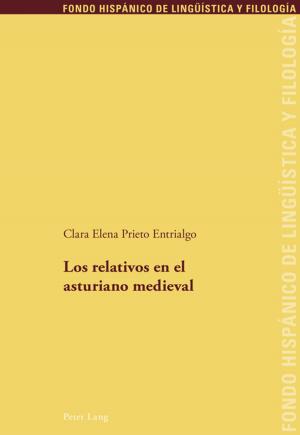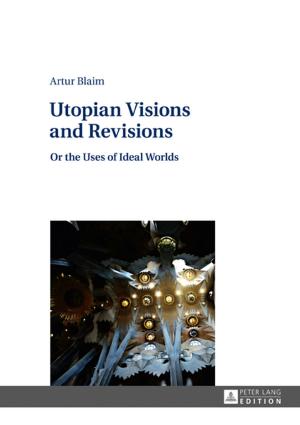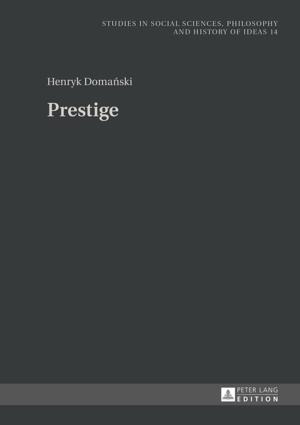Embracing Democracy
Hermann Broch, Politics and Exile, 1918 to 1951
Fiction & Literature, Literary Theory & Criticism, European, German, Nonfiction, History, Austria & Hungary, Social & Cultural Studies, Political Science| Author: | Donald L. Wallace | ISBN: | 9783035399677 |
| Publisher: | Peter Lang | Publication: | September 10, 2014 |
| Imprint: | Peter Lang AG, Internationaler Verlag der Wissenschaften | Language: | English |
| Author: | Donald L. Wallace |
| ISBN: | 9783035399677 |
| Publisher: | Peter Lang |
| Publication: | September 10, 2014 |
| Imprint: | Peter Lang AG, Internationaler Verlag der Wissenschaften |
| Language: | English |
Hermann Broch wrote two of the most significant novels of German modernism, The Sleepwalkers and The Death of Virgil, which established his importance to German literature. His writings on democracy, mass delusion and internationalism are more obscure. Embracing Democracy examines the central political, social and psychological tenets of Broch’s concept of «total democracy» as an expression of the synthesis of his European intellectual development – his Viennese Bildung – and his new position as an exile from fascism.
This book chronicles Broch’s experiences from the founding of the Austrian First Republic to his exile in the United States (1918 to 1951). The author traces two seemingly contradictory narratives in Broch’s political consciousness. On the one hand, Broch held an intellectual position in his post-exile political theory that was consistent with the philosophy of history, psychology and epistemology of his Viennese milieu. On the other hand, he significantly reconceived the utility of politics for his theory of value construction, while also becoming more involved in political activism. This book provides new perspectives on the work of Hermann Broch beyond his literary œuvre and offers insights into the development of political theory among exiled European intellectuals in the United States.
Hermann Broch wrote two of the most significant novels of German modernism, The Sleepwalkers and The Death of Virgil, which established his importance to German literature. His writings on democracy, mass delusion and internationalism are more obscure. Embracing Democracy examines the central political, social and psychological tenets of Broch’s concept of «total democracy» as an expression of the synthesis of his European intellectual development – his Viennese Bildung – and his new position as an exile from fascism.
This book chronicles Broch’s experiences from the founding of the Austrian First Republic to his exile in the United States (1918 to 1951). The author traces two seemingly contradictory narratives in Broch’s political consciousness. On the one hand, Broch held an intellectual position in his post-exile political theory that was consistent with the philosophy of history, psychology and epistemology of his Viennese milieu. On the other hand, he significantly reconceived the utility of politics for his theory of value construction, while also becoming more involved in political activism. This book provides new perspectives on the work of Hermann Broch beyond his literary œuvre and offers insights into the development of political theory among exiled European intellectuals in the United States.















